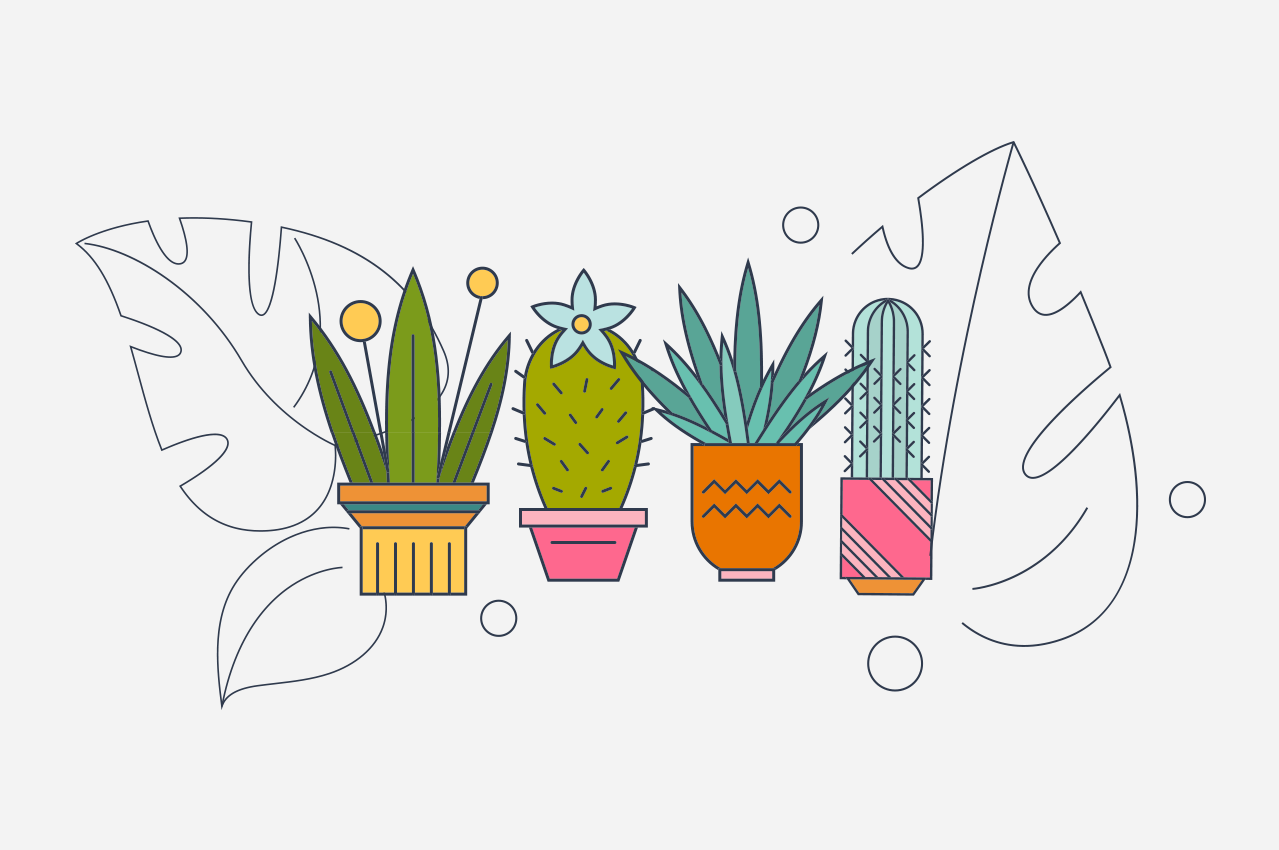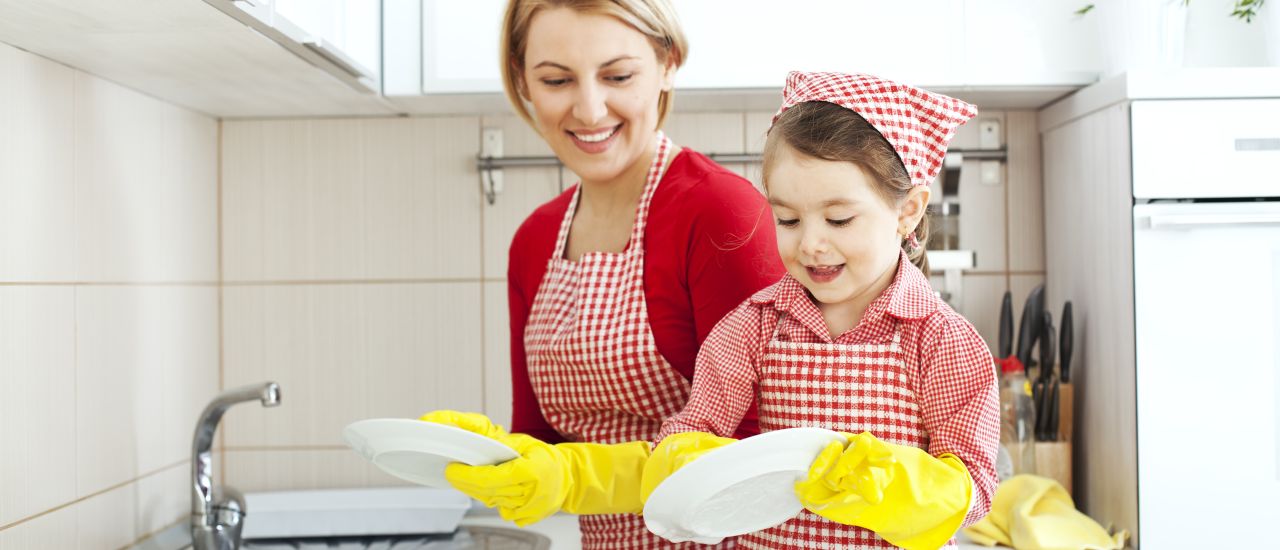Chemicals from detergents, deodorants and even the polluted air coming from outside can make indoor air toxic. Having a houseplant in your home doesn’t just add a nice pop of colour; plants can also provide much-needed health benefits.
Breathe easy
Green spaces can have a positive effect on your mental health. According to one study, urban green spaces like parks, playgrounds, and residential greenery, can promote mental and physical health by providing psychological relaxation and stress release. Houseplants give off oxygen and help remove chemicals like formaldehyde, a common indoor vapour.
5 plants to keep you healthy
Lavender (Lavandula)
The scent of lavender is usually described as soothing. Fragrances impact your mood and bring on relaxation and tranquillity. Growing lavender indoors can be difficult as the plant needs a very sunny spot. Still, having a lavender plant in your home can help bring about a sense of calmness.
Aloe
The aloe vera plant is a two-in-one houseplant. It removes formaldehyde from the air, and the gel inside the plant helps with sunburns and skin conditions like psoriasis and acne. It needs a good amount of sunlight and less water since it’s a succulent (a plant with rubbery and thick tissues that stores water) and can be kept on a kitchen windowsill.
Snake plant
The snake plant is known to be the easiest houseplants to grow. It is one of the most effective indoor air cleaners as it has the ability to absorb excessive amounts of carbon monoxide. It also releases oxygen and filters other toxins from the air. This plant doesn’t need a lot of water as it’s also a succulent and does well in medium lighting.
Indoor peace lily plant
Peace lilies make excellent house or office plants. Not only do they brighten up a living space, but they also clean the air in it. Peace lilies enjoy medium to low light. When it comes to indoor plants, peace lily plants are some of the easiest to care for. Mist the leaves several times a week with a spray bottle and keep the soil moist, but don’t overwater. This plant can stand short periods of dry soil, but their leaves will start to brown if neglected for too long.
Bamboo palm
Bamboo palm is a plant that has more to offer than its good looks, it removes harmful gases from the indoor environment. Known to be a natural air cleaner, it improves the air quality by filtering indoor air of toxins like nitrogen oxide and formaldehyde. Bamboo can be grown in well-drained and rich potting soil with balanced lighting. The soil should be kept moist, but not soaked. When a bamboo plant is a little dry, the leaves will roll into themselves. When watered, the leaves will open back up within a few hours. This will tell you when your bamboo plant needs to be watered.
References:
- https://www.thisisinsider.com/houseplants-that-are-good-for-you-2017-11#9-spider-plant-10
- https://www.powerofpositivity.com/6-house-plants-improve-health/
- https://greatist.com/connect/houseplants-that-clean-air
- https://www.gardeningknowhow.com/houseplants/peace-lily/peace-lily-plants.htm
- https://www.thespruce.com/best-indoor-plants-3960071
- https://foodthesis.com/bamboo-palm-health-benefits-as-an-indoor-plant/
- https://www.epa.gov/watersense/what-plant
- https://link.springer.com/chapter/10.1007/978-3-319-56091-5_11





